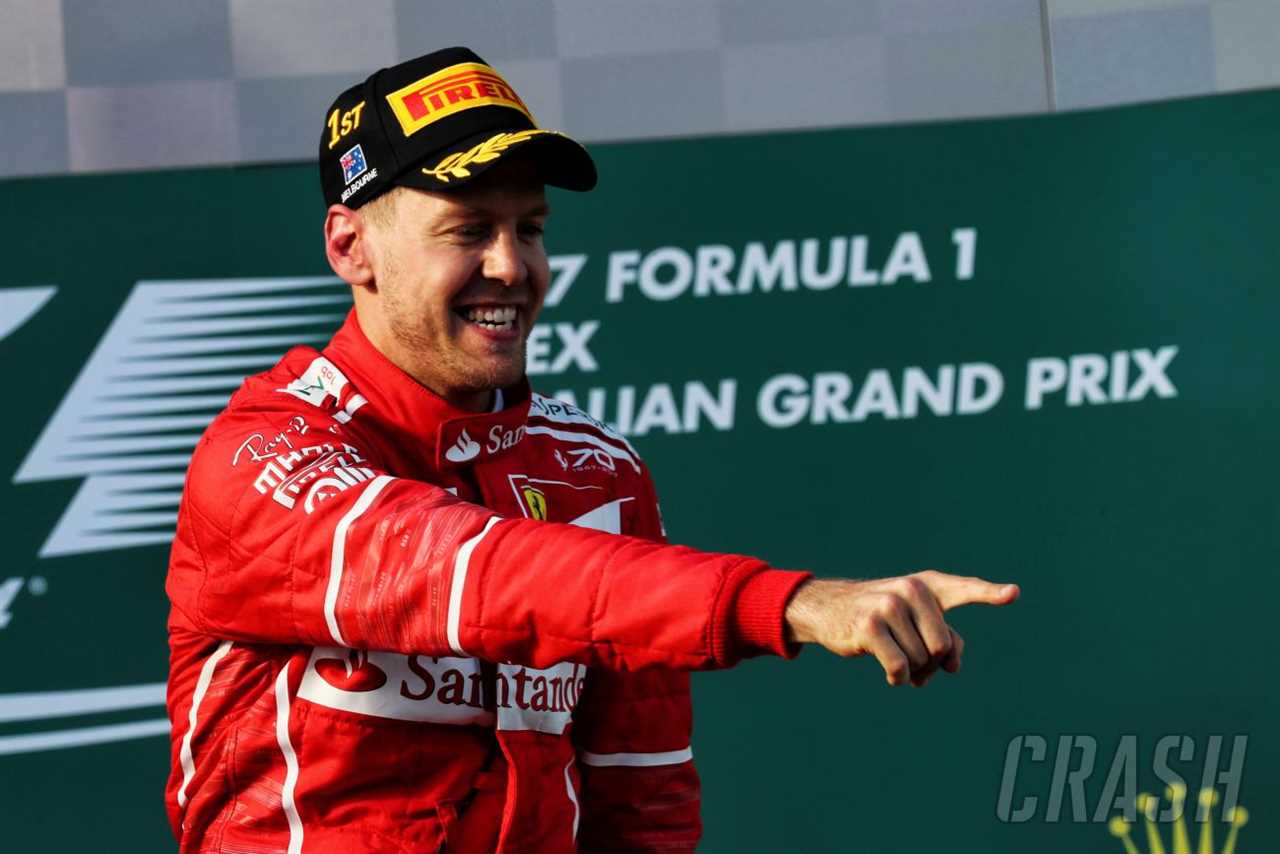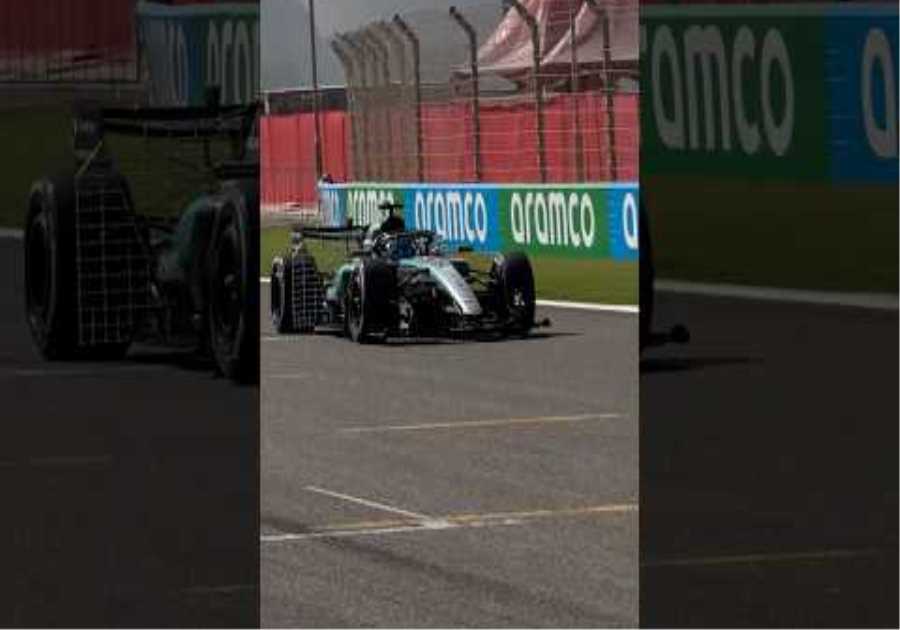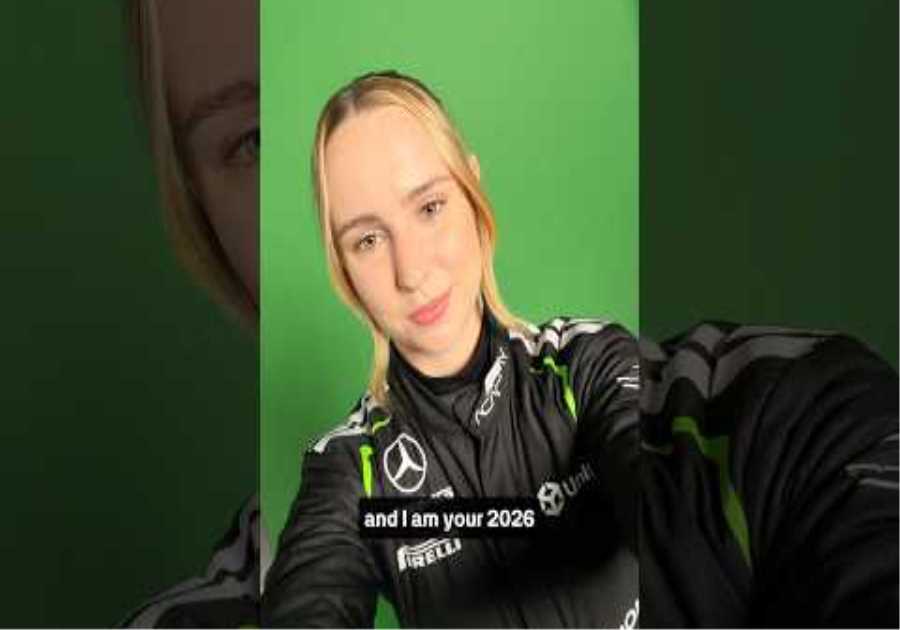
Quickly after the surprising creation of his Instagram account, Sebastian Vettel announced his shock retirement from F1 at the end of the season. With four world titles, 53 grand prix victories and over 120 podium finishes, Vettel’s statistics put him among the very best drivers in F1 history.
Despite these spectacular statistics, Vettel often doesn’t get the recognition he deserves with his failure to win the title with Ferrari often cited as to why. He got close in 2017 and 2018 but finished runner-up to Lewis Hamilton on both occasions.
His failure to topple Hamilton was ultimately his undoing as Ferrari’s rising star – Charles Leclerc – shone in his first year with the team in 2019 which led to Ferrari replacing him one year later in favor of Carlos Sainz.
Fast forward to 2022, Ferrari have – on average – the fastest car this year but Leclerc trails Max Verstappen by a whopping 80 points, eight wins to three in the Dutchman’s favour. Poor reliability and strategy errors have been all too common for 2022 but it was no different during Vettel’s years with the team, made worse by Mercedes often having a significant performance advantage (aside from the first half of 2018).
Despite two notable driver errors this year, fans have been generally more sympathetic towards Leclerc due to Ferrari’s mistakes on the pit wall. It was no different during Vettel’s tenure with the team which is why he deserves more credit for his time at Maranello.
Related Articles
Reliability, not Vettel costs Ferrari the most
Vettel’s 2017 campaign is up there as one of his best alongside 2011, 2013 and 2015 (his first year with Ferrari). Despite Mercedes having a significant performance advantage over Ferrari, particularly in qualifying with their ‘party mode’, Vettel still led the championship standings by seven points up until the Italian Grand Prix in the second half of the year.
Up until that point, Vettel was faultless, winning three of the opening six races, while untimely Virtual Safety Cars cost him potential victories in China and Spain. Conversely, while Hamilton was Vettel’s nearest threat, he was nowhere near as consistent in the quicker car, struggling for pace in Russia, Monaco and Austria, where he was out-performed by new teammate Valtteri Bottas, who won two of the aforementioned races.
Besides his blistering on-track pace, Vettel silenced any doubters about his wheel-to-wheel ability with some breathtaking overtakes. Vettel showed outstanding racecraft: On Ricciardo into Turn 6 in China, Bottas on the start-finish straight in Spain, and Ocon at Turn 1 in Canada – all spring to mind.
Vettel headed into Singapore three points ahead of Hamilton but with the upcoming tracks (notably Singapore, Malaysia, Mexico and Brazil) expected to suit Ferrari, a fifth title was a serious possibility. The title race turned on its head at Marina Bay as Vettel crashed out from pole position on the opening lap of the race after an incident with Verstappen and teammate Kimi Raikkonen.
Many see Singapore as the race that cost Vettel the title but reliability issues in Malaysia (an engine issue in qualifying when he was near-certain to take pole) and another electrical issue in Japan were fatal blows. Vettel did indeed make two notable mistakes (Road-rage in Baku and Singapore Lap 1) but even with an error-free campaign, the mechanical issues would have undone his near-perfect season.
Mercedes’ reliability, but more importantly, general performance advantage tipped the title in Hamilton’s favor and given that Bottas finished just 58 points off despite having one more DNF than Hamilton clearly shows it was probably the worst of his seven title triumphs.
Ferrari’s incompetence leads to Vettel’s downfall
Vettel was once again Hamilton’s nearest challenger in 2018 but this time Ferrari had stolen a march with their power unit, allowing it to finally compete with Mercedes in qualifying, Like in 2017, Vettel was on fire in the early part of the season but luck wasn’t ‘t entirely on his side.
Vettel was spun out of third place by Verstappen in China, while a second stop in Spain cost him second to Bottas and Verstappen. This eroded the early lead Vettel had built up with back-to-back victories in Bahrain and Australia, while he should have won in Azerbaijan without the late Safety Car.
Before his infamous crash, cracks were already starting to show for Ferrari at the Hockenheimring with the team failing to use team orders when Vettel came out behind Raikkonen. The German complained of overheating tires and lost significant time before overtaking on Lap 39.
Despite losing the win on home soil, Vettel remained in title contention after winning the Belgian Grand Prix. However, Ferrari’s incompetence once again emerged in Monza qualifying as it was Raikkonen who would benefit from the tow and subsequently claim pole position, rather than Vettel, who was Ferrari’s best hope of winning the title.
From that moment onwards, the season fell apart for Vettel and Ferrari as several mistakes combined with Ferrari’s poor car development once again handed Hamilton the title – his fifth overall at the time. Vettel did make numerous mistakes (Japan and USA) but realistically they were inconsequential in terms of the title race with Mercedes stealing the upper hand in outright performance.
Poor strategy, a lack of reliability and no decisiveness with team orders is a familiar story for Leclerc in 2022 – all things that compromised Vettel and led to his ultimate downfall.
Admittedly, Vettel wasn’t perfect during this time with Ferrari but even with perfection, it probably wouldn’t have been enough to topple the might of Hamilton and Mercedes. Leclerc faces a similar challenge with the Verstappen-Red Bull combination.
As Vettel found out, relying on his own brilliance won’t be enough, and without fundamental changes behind the scenes at Maranello, Ferrari’s title drought since 2007 will likely continue for years to come.






